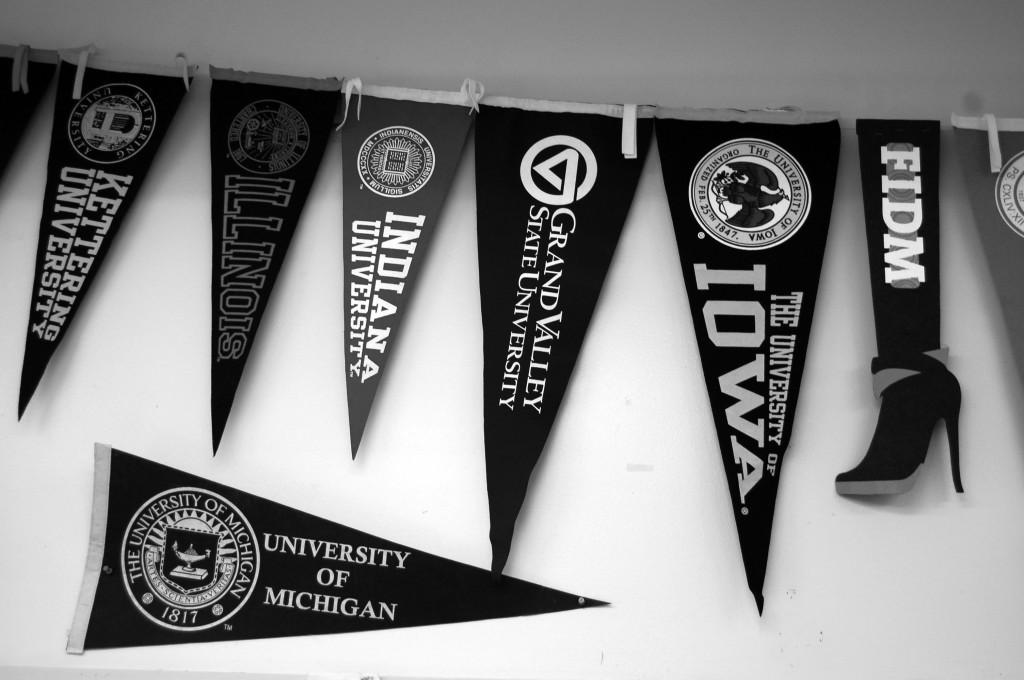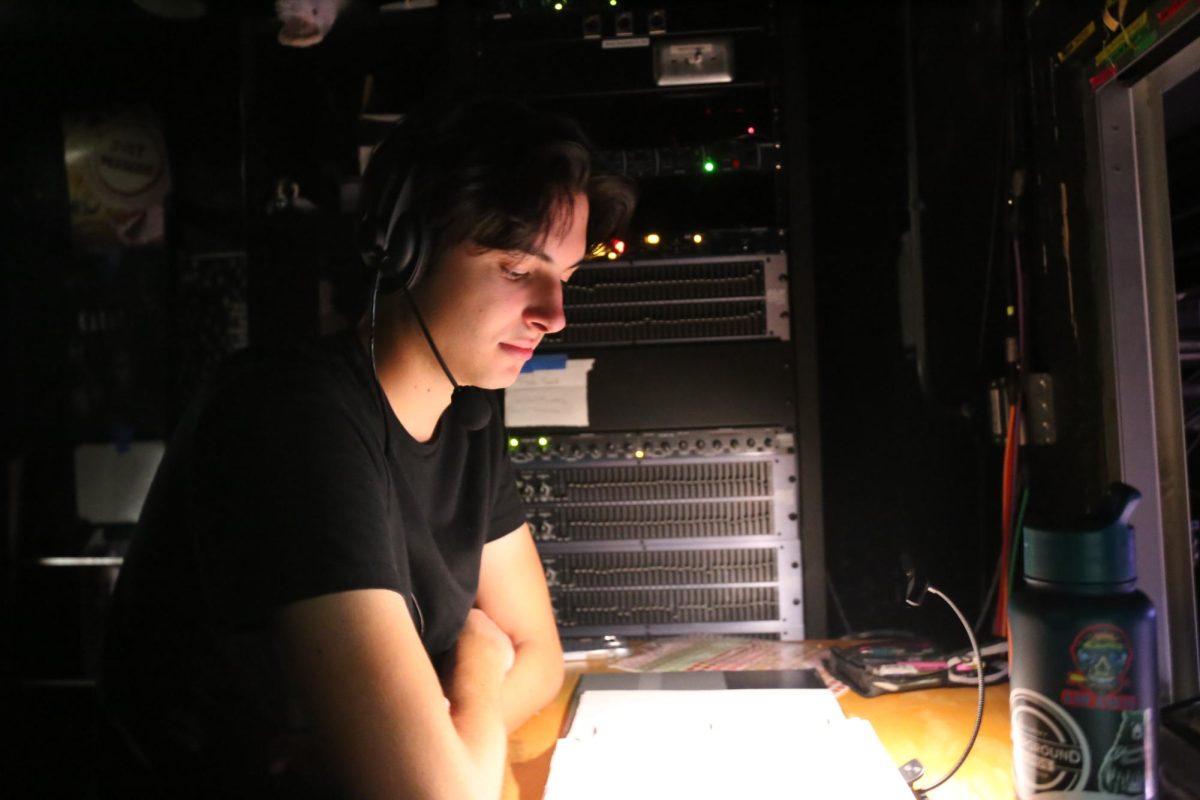Community High School senior Christian Koch sits at the table near Ed Kulka’s room, thinking about his future and how college options might affect it.
Right now, Koch hopes to go to Michigan State’s Residential College in the Arts and Humanities. However, had his economic siutation been different, he would have tried to get into another school.
Like many people, Koch’s college choices were limited by the economy. Because of a lack of funds, Koch is unable to go to his preferred college choice, Loyola.
“I wanted to go to Loyola University in Chicago, I think the economy definitely affects my [college choices],” he said, ”I really wanted to go to Loyola.”
Koch is unsure whether or not his parents will ask him to pay them back for the college money they are going to give him, and he says he cannot apply for many scholarships because he has “dankboy” grades. Careers in social psychology are hard to start so he is nervous about finding a job.
CHS junior Kiley Sullivan. Sullivan is hoping to pursue a career as an independent artist. She thinks she will go to the College for Creative Studies, but she is not quite sure how she will pay for it.
“I don’t know yet, but my parents own a small business [where I might work], she said, “I am trying not to get student loans because student loans do not work well. I don’t like the concept of borrowing money and having to pay it back. I like to earn my own money and then have it ready to be used.”
While Sullivan is not very worried about paying for college, she is a little nervous because of the economy. “If tuition spikes, I’ll get worried,” she said.
Sullivan’s worries are well founded. According to the Institute for College Access and Success, the average student loan debt of the students of 2011 was five percent more than that of those the year earlier.
Unlike Sullivan and Koch, CHS senior Yasha Schultz does not feel that the economy affects his future options.
This is because he plans on using his parent’s money to pay for college.
Unfortunately, the fact that he is using his parent’s money has caused separate problems to

arise.
“I want to be independent and my own free spirit,” Schultz said, “I don’t want to take [funds] from [my parents].” For this reason he is not interested in going to a very expensive college.
Schultz plans on applying to the University of Michigan and Michigan State. He plans is also looking for scholarships so as to be able to pay for more of college himself.
“[College tuition] has been going up consistently for many, many years, there definitely is real concern about the overall price of college,” said CHS counselor John Boshoven. “Whether or not it even goes up from here, it is expensive and getting worse every year.”
Boshoven says that the [average] price of college is going up 8 to 10 percent a year. This is
a much higher rate of increase than the cost of living.
“Probably about the same rate as health care goes up,” Boshoven said.
Boshoven explains how as long as colleges get customers, they can set the price as high as they want.
“A few years ago, $40,000 was this threshold, a few year later $50000 was starting to be talked about, now I’m hearing colleges say we’re approaching $60,000,” Boshoven said.
Boshoven believes that one way of cutting costs in college prices is by careful selection of the college a student applies for.
“You could say, well if money is really a problem for me and my family, I can think ab
out where I could get better bargains, where I could pay less,” he said. “If it’s credits you’re after, community college is a good, non-expensive, reliable way to do it.
Boshoven says that completing college and graduate school will give students a huge advantage in finding jobs. “College graduates are getting [jobs] at higher level than non college graduates, graduate school graduates are getting [jobs] at a higher level than college graduates, so the more credentialed you are, the better shot you have at finding a job,” he said










